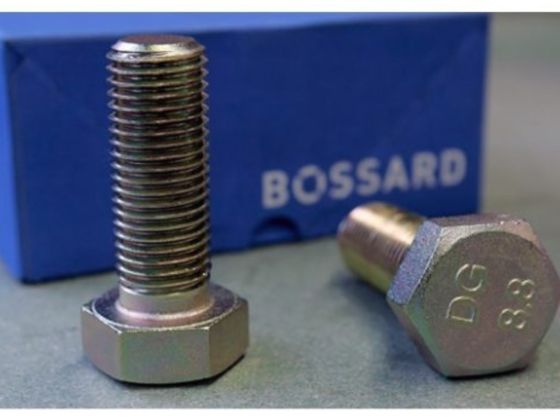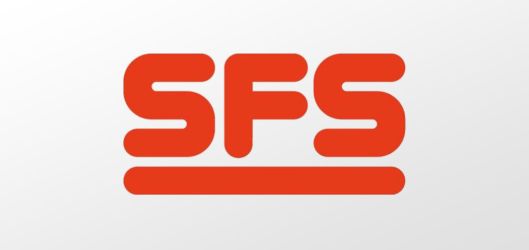
Bossard said it achieved satisfactory results amid an environment of economic normalisation, strengthening its market position in its three regions.
With the recovery of global supply chains leading customers to reduce inventory and safety stock, coupled with price pressure and rising labour costs – amid the shortage of skilled labour – Bossard also had a strong Swiss franc to contend with.
Bossard saw stable demand in several of its growth industries and a strong performance for its Smart Factory services (designed in part to mitigate skilled labour shortages),
Sales in FY 2023 totalled CHF 1,069 million (2022: CHF 1,153.8 million). EBIT was CHF 113.1 million (2022: CHF 141.5 million), corresponding to an EBIT margin of 10.6% (2022: 12.3%). Net income decreased 27.2% to CHF 76.8 million (2022: CHD 105.6 million).
While 2023 was not flattering compared with 2022, Bossard Group said it achieved a net income in line with the average of the strong prior years as well as significantly reducing net debt with a strong cash flow of CHF 121.4 million.
Bossard’s aforementioned Smart Factory services saw strong interest, offering customers better control over their assembly process while increasing productivity and traceability of their production steps. These benefits have led to a substantial increase in the number of newly installed assembly stations. Bossard’s Smart Factory Logistics (SFL) applications also help increase productivity, it added.
In spite of investment-dampening interest rates, the number of smart devices grew by 4.1 percent to 455,000 units, installed at more than 1,150 customers globally.
Bossard has supported the Komax Group, a market leader in automation solutions for wire processing, with fastening technology since its foundation in 1975. In November 2023, institutional investors and analysts were able to take a first-hand look at the collaboration based on the successful partnership between the two companies at the Komax Group’s headquarters in Dierikon. All Smart Factory services and their impact on total cost of ownership were presented at this well attended event, we’re told.
Normalisation of growth over the course of the year
The positive business dynamic, which had continued into the first quarter, normalised over the course of the year, eventually exhibiting declining growth rates in all regions.
Normalisation of incoming orders due to inventory reductions seamlessly transitioned to weaker customer demand. The appreciation of the Swiss franc had an additional negative impact on sales development. In Europe, demand normalised over Q2, following a recovery of supply chains and subsequent inventory reductions on the part of our customers. The increasing economic slowdown led to a considerable drop in sales over the course of the year. In an environment marked by economic uncertainty, the railway and electromobility sectors set positive accents.
Demand in America developed similar to Europe. However, in America the slowdown in demand only started in Q3. The significant appreciation of the Swiss franc over the course of the year additionally impacted sales development negatively. The successful expansion of the customer base and growth from existing customers were particularly evident in the positive development of the focus industry of electromobility.



